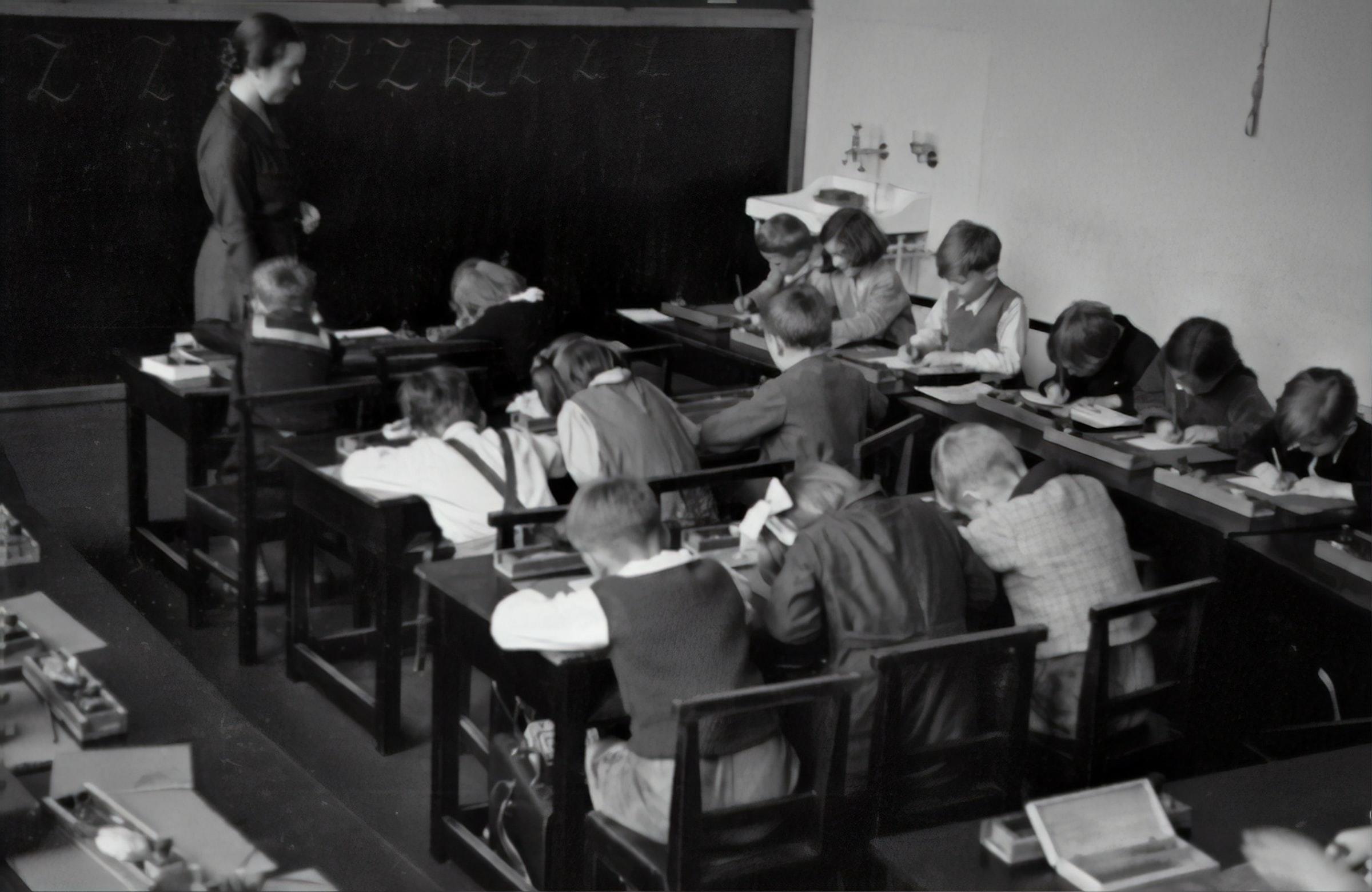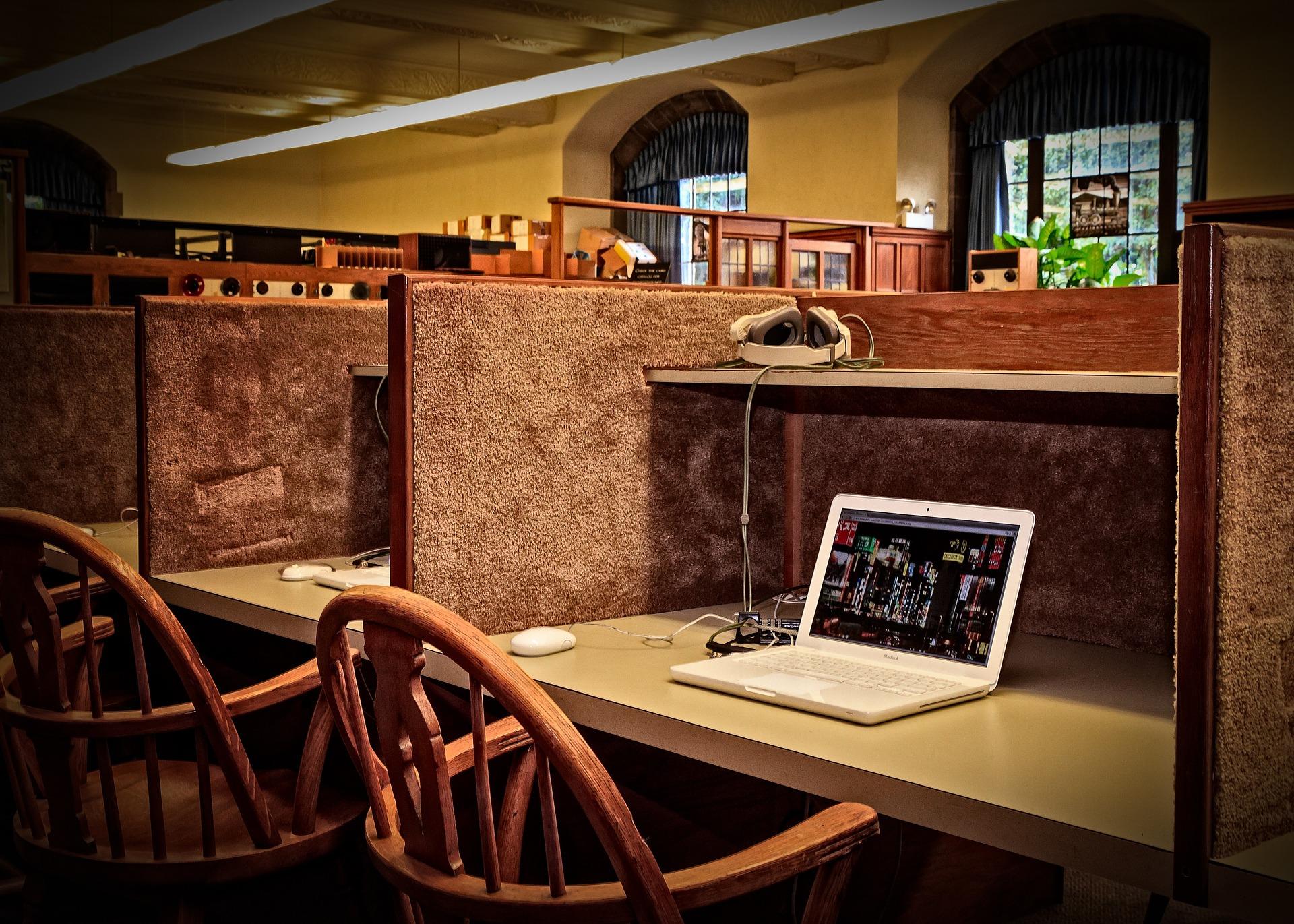Chapters
“Learn as much as you can while you are young, since life becomes too busy later.” – Dana Stewart Scott
The school years are tumultuous and awkward yet, at the same time, filled with plenty of magnificent experiences that are often looked back on with admiration and longing. Some students appreciate their time at primary and secondary school because they were prepared and well surrounding. On the other hand, some past students wish they had a completely different experience than the one they had.
Nonetheless, setting yourself up for success is a wise idea that will drastically improve the quality of your memories. Therefore, whether you're a parent or a current student, we've crafted this article to help you enjoy school more since you'll be better equipped with practical knowledge and suggestions.
Without further ado, we'll review the purpose of school inset days, the best resources available for primary school religious education, why GCSE Home Economics was scrapped, and why GCSE Design & Technology is falling in popularity.

What's the Purpose of School Inset Days?
For students, the notion of an extra day added to the end of the weekend is, to be honest, marvellous. However, on the other side of things, for parents, inset days present a bit more of a challenge because many parents don’t understand what the inset day is actually for.
Therefore, without any further delay, to calm parents down, let's consider the reasons for school inset days in the following list:
- It’s for skills development: really, teachers go in and get refreshed during school inset days on what they should be doing in class and how to manage their classes better. Essential skills are developed so that kids and teens are getting the best education possible. To make it more understandable for all parents, I’m sure all working parents have periods where they refresh their memories on particular professional skills. Well, teachers need the same.
- It's to catch up on marking: we’re always hearing that teachers are too busy to get marking done in its entirety. Well, that would make perfect sense since there are so many distractions in the traditional classroom. However, students, especially at higher levels during the GCSE and A-Levels, regularly ask for their exam results and sometimes get frustrated when it's not returned as earlier as they expected. Therefore, so that teachers don't dedicate all their weekends correcting work, an inset day is established.
- Staff meets together to discuss plans: another reason why there are odd inset days is to bring the staff together to work more unitedly. Why is that important? Because of staff sickness, pupil absence, and the realities of a different pace of work, all of this can alter plans and cause teachers to be on different schedules. A school inset day is a must.
If you're a parent, after reading the previously mentioned reasons, do you have a bit more peace of mind? Let's hope so!
Why Did Exam Boards Cancel GCSE Home Economics?

Are you sad that GCSE Home Economics was scrapped? Do you wish that it was still an option for you as a teenager? Although it's been currently replaced by a GCSE course known as Food Prep and Nutrition, Home Economics still has many admirers.
But, what exactly is Home Economics and why is it beneficial? Well, Home Economics is an academic discipline that has been featured in schools for centuries and is known as domestic science or family and consumer sciences, Home Economics is a subject that involves a variety of useful subtopics or disciplines such as the following:
- How to manage personal and family finances,
- Housing and interior design,
- Nutritional facts,
- Basic to advanced food preparation,
- Learning more about textiles and sewing.
Home Economics is the subject at school that prepare students for the more practical areas of life and it boasts plenty of advantages. Such as? Firstly, by taking Home Economics, or a similar course, students see how much work and effort goes into household chores and a sense of responsibility is developed. Secondly, many worthwhile life skills such as budgeting, baking, and cooking are learned which prepares a person for the future. Thirdly, a significant section of Home Economics courses instructs students on how to acquire and stick with healthy habits.
So, with so many benefits, why was GCSE Home Economics scrapped? Many education officials, parents, and students have claimed that deleting the Home Economics course was a major mistake since it was a "soft" subject that was greatly appreciated by students that felt like a much-needed break from more complex topics such as Maths or Sciences. Also, in today's unstable economy, the skills learned in Home Economics make well-rounded individuals that are employable across various sectors.
GCSE Design & Technology: To Study or Not to Study?

With so many GCSEs to choose from and so little time to study, students need to make difficult choices when selecting the GCSEs that are best suited for them. So, what about GCSE Design & Technology? Is it worth studying?
Regarded as the modern descendant of ‘woodwork’, the GCSE Design & Technology is technical, complicated, as well as practical. It looks at how things work and what they are made of, but mainly it sets out to teach the basics of product design.
Unfortunately, despite all the needs in the sectors of Design and Technology, the GCSE course that covers these topics is slowly losing popularity. Why's that? While the reasons aren't exactly clear, the main concern is trying to preserve the GCSE Design and Technology course.
To make D&T exciting for students, more information needs to be provided about the course structure and what is learned throughout. But, what does the GCSE Design & Technology course contain? Essentially, all coursework and material are divided into three primary categories:
- Core technical principles,
- Specialist technical principles,
- Designing and making principles.
Through projects, coursework, and examinations, students of GCSE Design and Technology become equipped with the necessary skills and expertise to study further at an A-Level and university stage. But, why should you spend your time learning GCSE Design & Technology? It's worth stating that GCSE Design & Technology is a course that could potentially set students up with everything that they need to be successful in the workforce.
For example, Design and Technology courses help students at a GCSE stage to understand the historical, social, cultural, environmental and economic factors behind the topics. Also, mathematical and scientific ideas are worked on and reinforced. The transferrable skills such as creativity, problem-solving, planning, and evaluation skills, that are reviewed during GCSE Design & Technology are greatly admired by employers in a variety of sectors.
However, although GCSE Design & Technology is a brilliant course it has suffered a decline in popularity recently. Therefore, to help keep the technology and design sectors alive, schools should encourage more girls to see Design & Technology as an attractive option that isn't solely reserved for boys. Education officials need to insist that time, effort, and energy are put into reinvigorating GCSE Design & Technology as a relevant yet appealing subject to study.
The Best Resources for Learning Religious Education at an Early Age

Are you a teacher who's been asked to teach Religion Education (RE) at a primary school level? If so, you'll be happy to know that you're not alone in this feat. How's that? Without further delay, please take a look at the following list to discover the best resources to use in the traditional classroom that make learning about world religions intriguing and engaging:
- Religious Festivals: when visiting the Religious Festivals link, useful information is provided on the main world religions such as Christianity, Buddhism, Islam, and Judaism. Activities and worksheets are provided for use in class or at home.
- Cymru: Codi Cwestiwn: for educators in Wales teaching RE in the Welsh language, the Cymcru site features education games that teach kids about religious activities dynamically. For example, the site covers important issues such as the environment, inequality, and the role of religion in promoting human beings to take the necessary action to resolve the world’s biggest problems.
- RE Quest: a truly remarkable site that children will love, RE Quest has the aim of ‘asking the big questions’ surrounding the Christian faith. The site will be as useful for children as it will be for teachers and parents since it answers both general and highly specific questions about Christianity.
The previously mentioned examples are just a few of the online resources that help teachers to instruct Religious Education. Talk to other educators and explore trusted websites to find more, if need be.
In conclusion, we hope that our article has assisted you in learning a little bit more about certain topics and structures that are within the education system.
























I get very annoyed when my daughter who has to work as she is both mother and father to my granddaughter tells me that the school has yet another Inset Day!! I believed that Teachers Training in University was supposed to teach them all they should know!!! I certainly didn’t have any so called Inset Days when I was at school and does the Government realise how difficult it is for mothers to either take time off work or get someone to look after their child?? Teachers get more than enough time off with all the holidays we have ie, Half term in February, Easter holidays, (TWO WEEKS! Totally unnecessary,) SIX WEEKS in the summer then another half term then TWO WEEKS at Christmas, is that not enough time for them to do they’re marking etc? The Government clearly need to look into this plus all the time off they had with the lockdown, what a wonderful job they have!!
Ok. A real bugbear of mine is parents assuming a school is open to provide free childcare for their kids – it isn’t. A school is there to provide education. If you want someone to watch your children – pay a child minder or out of school club for the inset day. An inset day is there (like many other professions which we don’t choose to question but for some reason everyone is jumping on the “pick on teachers bandwagon”) to provide essential training – be it safeguarding, health & safety within the school, or other training which can’t be done within term time. Please remember that teachers have to arrange childcare for their own children too on inset days.
Our teachers are going above and beyond what is called for in normal circumstances. Many are starting work before 8am and do not leave until after 9pm – this is off their own back by the way. They are arranging help for families affected by Covid, contacting the Salvation Army to arrange food parcels, sorting presents for kids who have very little, speaking to families – offering support & comfort whilst not seeing their own kids in day time hours. The teachers at my child’s school are utterly amazing. I know you are mystified by inset days but hey – if this were the nhs taking them you would probably be on your doorstep on a Thursday night trying to outclap your next door neighbours!! And why are you mentioning holidays?! Are they not allowed them? Do you realise teachers do actually work in the holidays? Just because the children are off doesn’t mean that teachers are laid up in a sofa in their pjs necking down bottles of white lightning cider binge watching box sets on Netflix! And if they were – so what?! When you are on holiday do people question what you’re doing? I’m not a teacher by the way – I’m just fed up of people running down what I class as an amazing job.
65 days leave teachers get based on all holidays throughout the year, I don’t even get half that, add on your 5 inset days that’s a lot of days that parents have to find for childcare. Parents don’t treat schools as childcare, tbh based on my sons teachers I wouldn’t trust them with my cats, but what can you do legislation dictates putting my children to school. No what aggrieved me is why can’t the inset days be a part of those 65 days leave they get.
I’m a nurse and a single mother. Inset days are, in my humble opinion, unnecessary and during the pandemic should be scrapped entirely. All my study days for work have been cancelled due to the pandemic. I have to go through a process of revalidation with the NMC like all my other colleagues and yet my participatory hours god study will have to be obtained in my own time via e-learning. Also when it snows I have to make every attempt to make it to work and I’d I can’t I have to pay the time back, just saying!